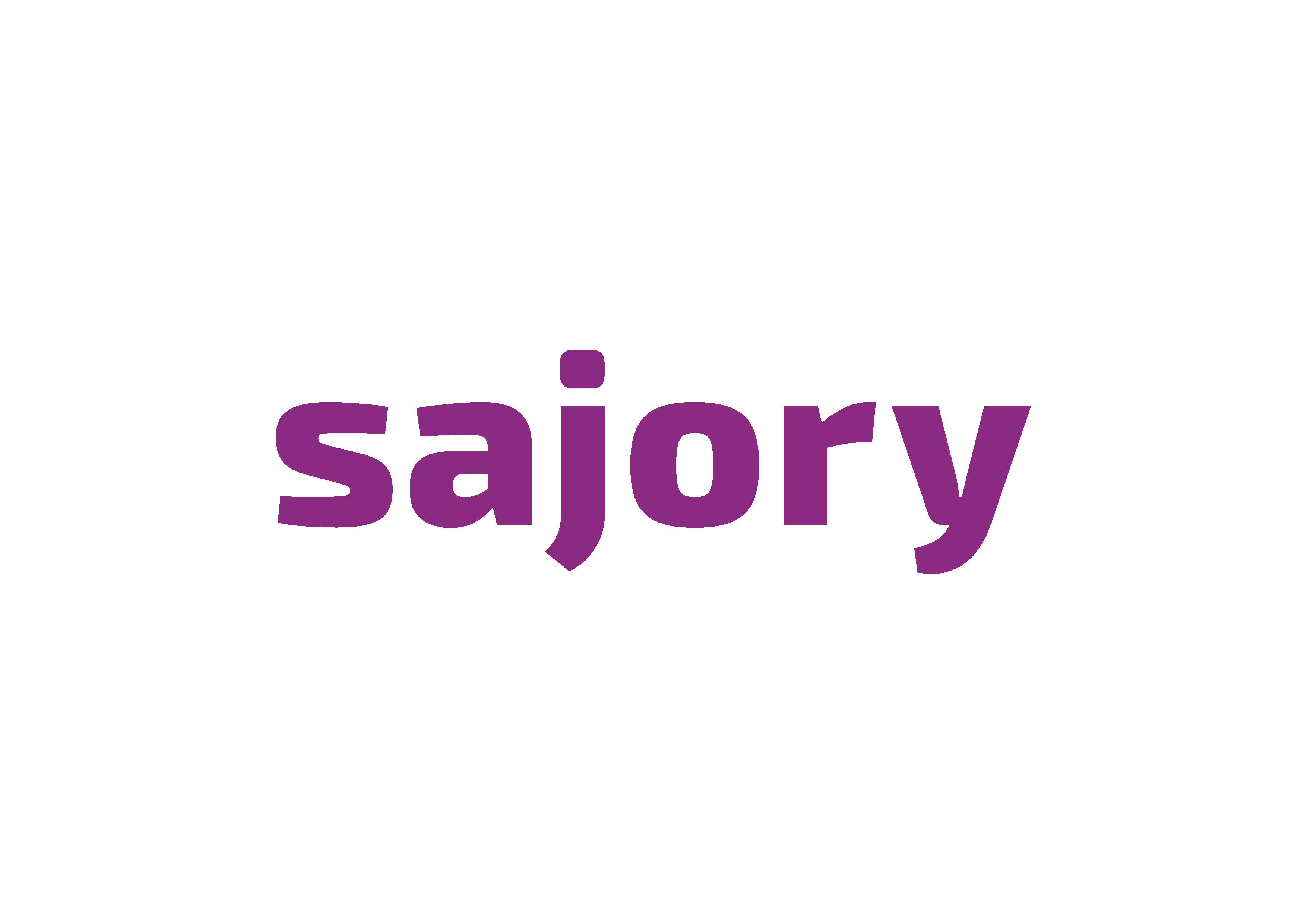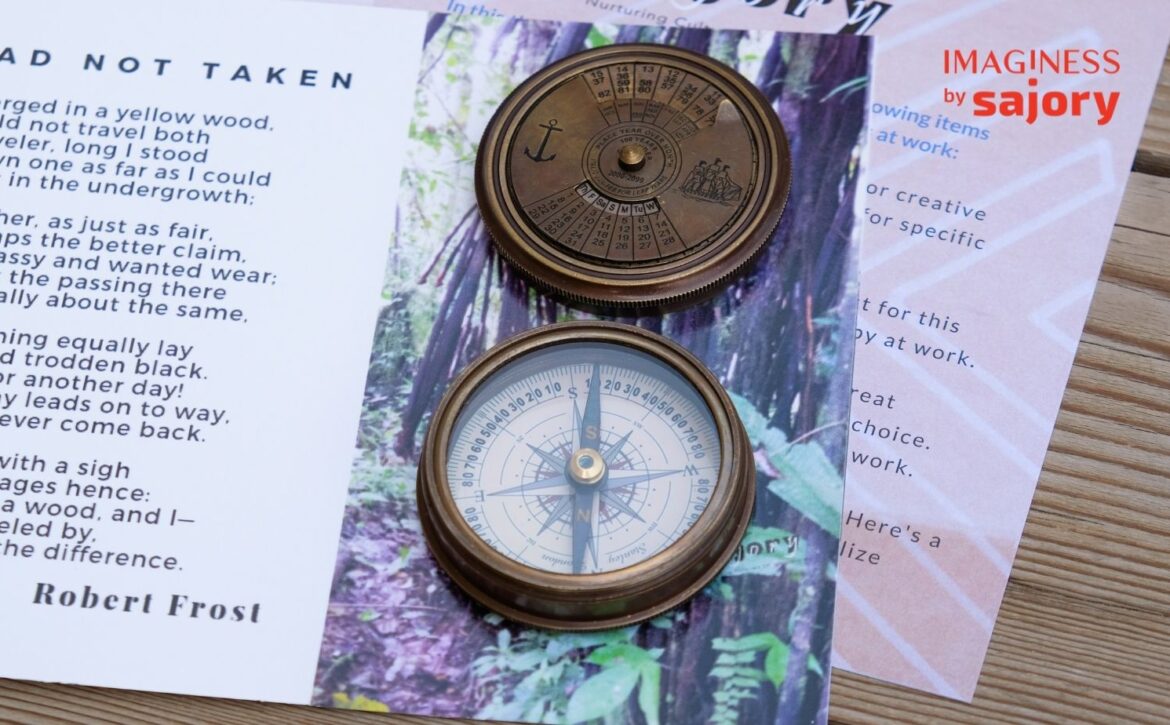If you’re used to scanning a newspaper at work, try opening the “wrong” section of the newspaper next time. Something you normally wouldn’t read. Scan the headlines and look for an interesting idea you’ve never considered before. What info can you learn and use from that section? How to cross-pollinate ideas?
If you don’t read newspaper and scan the internet instead, ask your colleague for suggested websites they read, and you don’t. scan those.
My first encounter with this method was nearly 2 decades ago. I wanted to find a unique solution to a problem at work and needed an external set of eyes to see things from different perspectives. I visited a bookstore and opened different types of magazines, on space, engineering, pastry making. Things I had no clue or interest in at the time. I was trying to find a similar problem to mine but in a different context. My problem was getting people to work together systematically in a nonprofit organization, and my solution was right there in a car mechanic magazine.
To hear this and other stories on how to use your intentions at work, here’s a video I did a few years ago https://tinyurl.com/y8tfb97c


